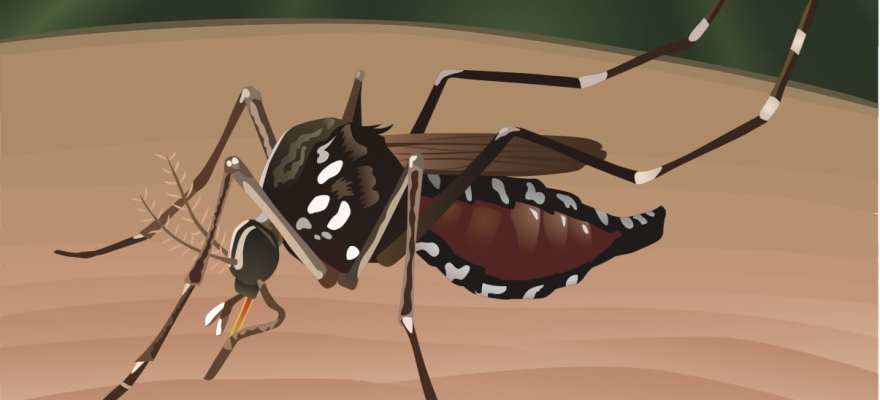

The sudden outbreak of the Zika virus in Brazil earlier this year has expectant parents everywhere on edge. The Zika virus is a mosquito-borne illness that poses the greatest risk to pregnant women, as it can cause a severe birth defect known as microcephaly. Here’s what you need to know:
How does it spread? The Zika virus is known to spread via infected mosquitoes, carrying it from person to person. The Centers for Disease Control and Prevention (CDC) is still determining whether it can also be spread through urine or saliva, but it may be found in semen. Men who have traveled to an affected area should abstain from sex with pregnant women.
What are the symptoms? Symptoms include fever, muscle and joint pain, headache rash, and conjunctivitis (pink eye), lasting for 2-7 days. Unfortunately, only 1 in 5 people will have symptoms, and 80% of cases will go undiagnosed. There is currently no known vaccine or treatment.
What is microcephaly? Microcephaly is a birth defect resulting in an abnormally small head associated with incomplete brain development. There is substantial evidence to show a link between the Zika virus and microcephaly, although other possible causes for the sudden rise in babies with this particular birth defect in Zika-affected areas are still under investigation.
Which areas are affected? Prior to 2015, Zika virus outbreaks were reported in Africa, Southeast Asia, and the Pacific Islands. Currently, the large number of cases in Brazil has prompted the World Health Organization (WHO) to declare a public health emergency. Many other countries around the world have been affected as well. While some cases have been discovered in the United States, they have all be associated with travel this far. Click here to link to a chart from the CDC displaying the most affected areas.
Is it safe to travel? Pregnant women in all trimesters should not travel to any area affected by the Zika virus. Those who have traveled to such an area should be tested within two to 12 weeks, regardless of whether symptoms have occurred.
How can it be prevented? The best way to be protected from the Zika virus is by wearing long pants and long-sleeve shirts and using insect repellent. The most effective insect repellents are those containing DEET or picaridin. While some question the safety of such chemical-based products during pregnancy, the EPA has indeed approved their use for pregnant and breastfeeding women. Lemon eucalyptus sprays are generally not recommended, and repellents containing plants like cedar or citronella are safe but considered much less effective than DEET or picaridin. Women should talk to their doctors when weighing the benefits versus the risks of utilizing any chemical-based products during pregnancy.

